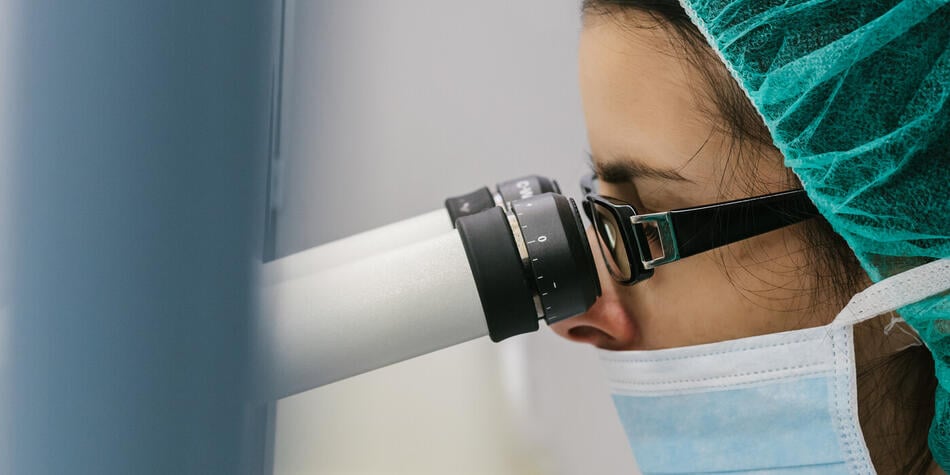This research project is being funded through a $4,995,434 grant from the Australian Government’s $20 billion Medical Research Future Fund (MRFF), through its Applied Artificial Intelligence Research in Health Investment program.
Alongside Professor Venkatesh, Deakin’s research is jointly led by Scientia Professor Helen Christensen AO, Director of the Black Dog Institute. Professor Venkatesh, one of the top 15 women working in artificial intelligence globally, is supported by her A2I2 team on this project, including Associate Professor Sunil Gupta, Associate Professor Santu Rana, Associate Professor Truyen Tran, Dr. Thomas Quinn, Professor Kon Mouzakis (A2I2 Co-Director) and Professor Rajesh Vasa.
The project is also in collaboration with the University of NSW, Macquarie University’s Centre for the Health Economy, Australian Psychological Society, The Garvan Institute and the Australian Medical Association.
If you want more information on this project, contact Professor Svetha Venkatesh.


